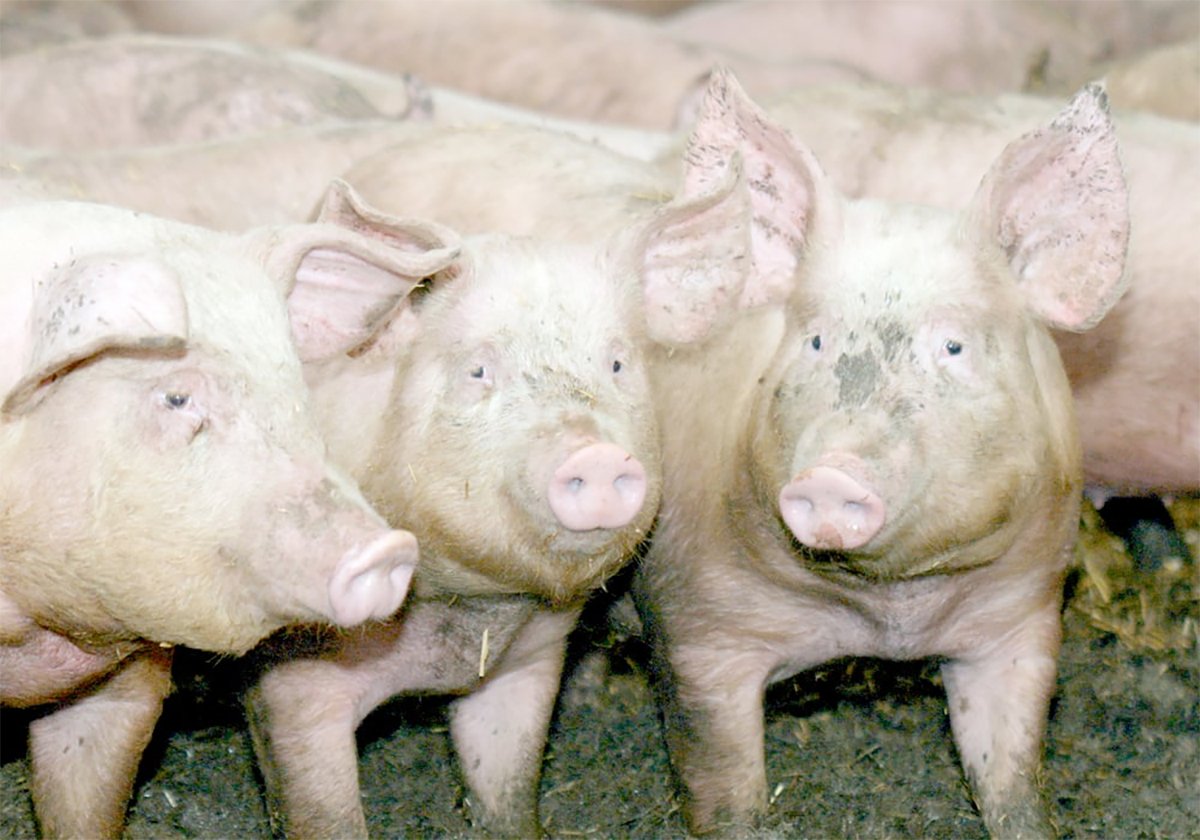Organic industry leaders want to strengthen the animal welfare segments of the new national standard.
“We felt that this was an area that needs more consideration,” said Ralph Martin, founding director of the Organic Agriculture Centre of Canada.
In late 2005, he assembled a task force of 10 industry leaders, educators and researchers who will recommend to the Canadian General Standards Board, or CGSB, how it can improve the National Organic Standard and its accompanying guidance document.
The group feels some of the language in the documents is too vague to when it comes to animal welfare issues.
Read Also

The Western Producer Livestock Report – October 2, 2025
Western Producer Livestock Report for October 2, 2025. See U.S. & Canadian hog prices, Canadian bison & lamb market data and sale insight.
“There’s room to define that a little bit more carefully,” Martin said.
The task force is not opposed to the standard or suggesting the industry is in a crisis situation, he added. Rather, it feels the standard need tweaking.
One of its main objections is with the document’s blanket approach to animal welfare, with clauses that incorporate the entire livestock industry.
“We felt that the only way to really get to the issues was to go one species at a time,” Martin said.
Dairy is the first sector where the task force will make specific recommendations to the CGSB’s organic committee.
An example of what it feels is loose language governing the care of dairy animals are transportation rules calling for minimal stress, injury and suffering.
Instead, the task force would like to see specific rules for different types of dairy cattle.
It is calling for a minimum age before calves can be transported. Their umbilical cords must be dry and they must have received colostrum and be fed before transport. As well, the calves must have bedding and sufficient space to lie down.
Mature milking cows must be milked out before shipping and every 12 hours thereafter. Cull dairy cows should be fed and watered before shipping. Cattle from different farms should not be mixed to prevent fighting.
“That’s an example of how we want to tighten it up a little bit,” Martin said.
Many of the proposals are no different than general animal welfare guidelines, but they need to be enshrined in the national standard to ensure organics is meeting and hopefully exceeding those recommended practices, he said.
The task force hopes to make a presentation to the CGSB committee when it meets this August for the first in a series of regular reviews of the new national organic standard.
Martin said it is unclear whether the CGSB committee intends to continue maintaining a separate guidance document or incorporate it into the standard. Either way, he hopes the task force’s recommendations are incorporated into the relevant document.

















